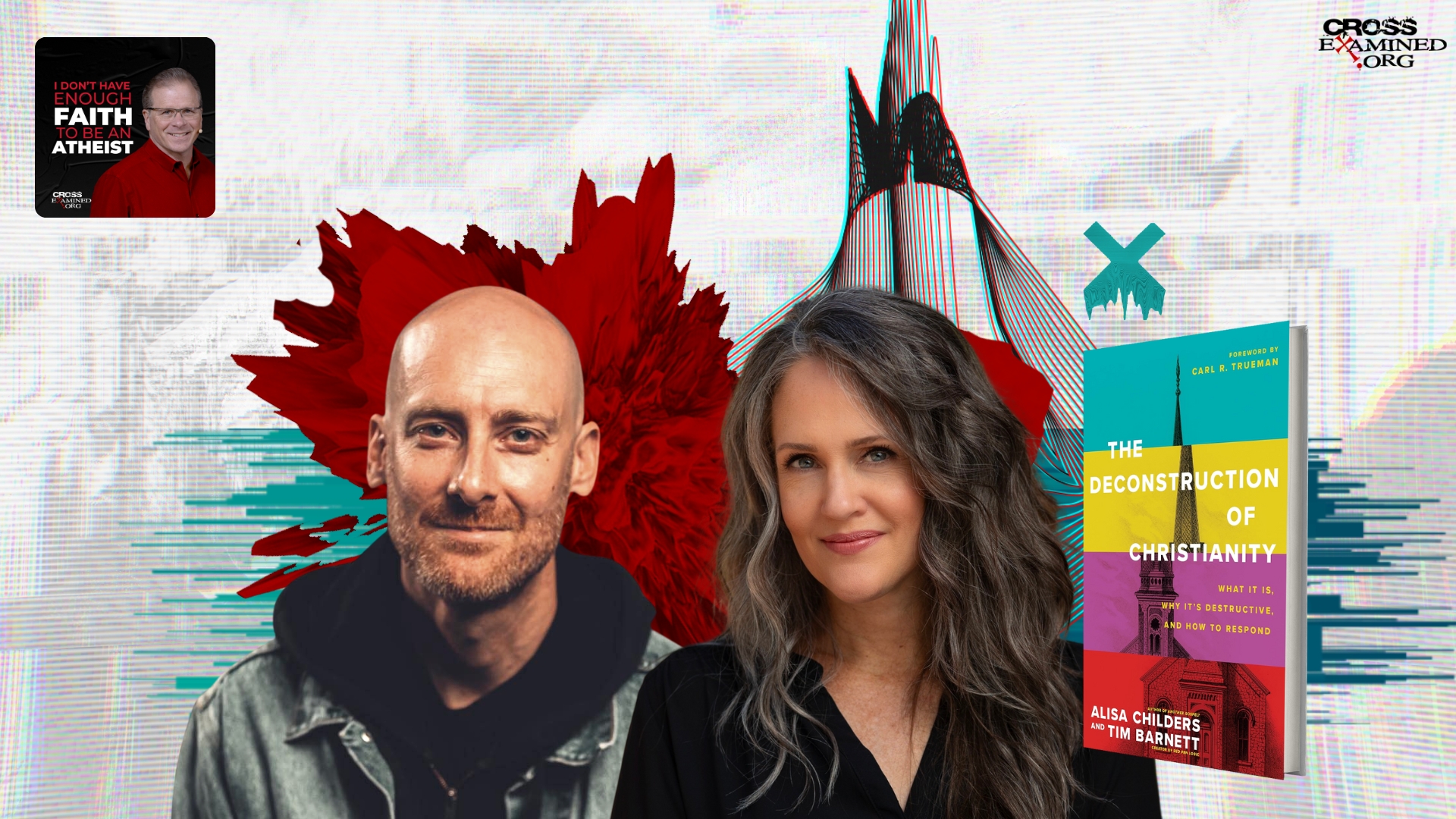I still have nightmares about being in college. It usually has something to do with a math final and being unable to graduate without passing it. Why does it always have to be math? I wake up vowing I will never go back to college. One thing that was sure to make or break my semester in university was something some students might not consider before enrolling. It wasn’t the subject. It wasn’t even the course requirements listed on the syllabus. It was something much more important: the teacher.
The teacher is a major contributor to whether you succeed or fail a class. Several of my teachers started the first day’s introductions by giving the most un-motivational speech that was sure to make more students drop the class before the ink on the syllabus was dry. It went something like this: “No one will ever get an A in this class so don’t expect one.” Who wants a teacher like that? Shouldn’t teachers want their students to excel in their class? Shouldn’t teachers encourage students to become as knowledgeable in the subject matter as them? If this is the attitude of your teacher, you won’t get a good education.
A Good Education Begins With a Good Teacher
As an educator, I am burdened with the responsibility to teach my students well. I often reminded my 5th graders that my job was to teach them. Their job was to let me know when they didn’t understand. As a teacher, I knew something my students never questioned or considered. My knowledge of the material had to be at mastery level so I could take them to the next level. And if I didn’t? They would never succeed.
When we think of education, we often don’t think of Christian education. Education is the transfer of knowledge systematically. Sure, that happens in the public education system all the time. It happens on college campuses every semester. But it should happen in the church. The problem is, it doesn’t. Why? Because the teachers don’t know the material as they should.
Let me explain.
George Barna’s American Worldview Inventory from 2022-2023 shows that only 36% of senior pastors in the United States have a biblical worldview. If that shocks you, it only gets worse when you look into the stats of children and youth pastors. A staggering 17% of them have a biblical worldview. It’s no wonder that the worldview of those in the church is only 6%, while 64% of Americans claim to be Christian. Why the disparity in the stats? It all comes down to the teacher.
A Student Is Not Greater Than His Teacher
Jesus told His disciples that a student is not greater than his teacher. In Luke 6:40, Jesus said, “The student is not above the teacher, but everyone who is fully trained will be like their teacher.”[1] Every teacher should strive to teach their students all they know; to take them to a depth of learning that makes the student like his teacher, with the result of the student becoming a teacher himself. Because, according to Jesus, that is as far as a teacher can take his student – to the depths of learning they’ve experienced and nothing more.
This means one of two things can happen:
- A student can eventually graduate their teacher’s program and become equipped to teach.
Or
2. A teacher can stunt the student’s growth because they’re not an equipped teacher.
Which one should be the goal of the teacher? For the student to outgrow you, meaning the student no longer needs the teacher but becomes the teacher himself. How does that happen? Once again, we need to focus on the qualifications of a teacher in Christian education.
Choose Your Teachers Wiseley
In the first century, disciples chose their teachers (rabbis). But in Jesus’ case, He often reminded His disciples that He chose them. Nevertheless, Jesus made an example of teachers and warned His followers that they ought to be careful whom they chose as their teachers.
Let’s look at some examples where Jesus encountered or commented on teachers.
Nicodemus Skipped the Basics
Nicodemus was a teacher of the Law. He was a Pharisee and part of the Sanhedrin. With all of these titles, it appeared he was qualified. In John 3, Nicodemus came to Jesus at night to ask Him some questions. But the conversation took a turn that made Nicodemus scratch his head in confusion. Jesus shifted the conversation to a phrase not well known in the first century. He mentioned that all who would see the kingdom of God would be born again. This concept was lost on Nicodemus. He thought Jesus was talking about physical matters when Jesus was clearly speaking of spiritual matters. What Jesus said next exposed the kind of teacher Nicodemus was. Jesus asked a rhetorical question, “You are Israel’s teacher and you don’t understand these things? (10) … I have spoken to you of earthly things and you do not believe; how then will you believe if I speak of heavenly things?” (12)
Nicodemus, a teacher of the Law, did not understand the basics. And Jesus called him out. Teachers in Christian Education must have mastered the basics. If they haven’t, they will never effectively teach the truths of Christianity.
Going back to Barna’s American Worldview Inventory, the questions that determine whether or not an educator has a biblical worldview comes down to the fundamentals of the faith. Education, whether it’s Christian or secular, must lay the foundation in the fundamentals. The problem is that Christians are skipping the basics and that’s usually because the teachers themselves don’t even know them.
Hypocritical Pharisees
If there is one group of teachers in the Bible Jesus consistently conflicted with, it’s the Pharisees. But there is one passage that stands out above all passages when Jesus explained what the students of the Pharisees should take note of and emulate. Remember, the hope a student has is not that he will become greater than his teacher but that he will become like him. Jesus often called them hypocrites, whitewashed tombs full of dead men’s bones, and blind guides. Jesus then turned to their followers and said, “The teachers of the law and the Pharisees sit in Moses’s seat. So you must obey them and do everything they tell you. But do not do what they do, for they do not practice what they preach” (Matthew 23:2-3).
A Christian educator’s life should be consistent with what he preaches. “Do as I say, not as I do” is not a teaching strategy. In fact, more kids these days are turning to other influences rather than their parents because they are witnessing inconsistencies in what is communicated versus what is lived. Jesus did not allow the Pharisees to get away with hypocrisy. The church shouldn’t either.
A Teacher Worth Following
Students don’t often think about what to look for in a good teacher. But as a teacher, I can give you some tips on what to look for when it comes to choosing who you follow and who you put in front of your kids when it comes to Christian education. Here are three things to look for in a teacher worth following:
- Knowledge.
- Character.
- Service.
As George Barna says, you can’t give what you don’t have. I say it this way, you can’t teach what you don’t know. A teacher must know more than the student and be capable of taking the student on a journey to deeper knowledge that leads to spiritual growth. That happens systematically and it begins with the basics. So, a Christian teacher has to know at least two things: first, he must know the Bible. Second, he must know how to transfer that knowledge systematically.
A teacher must have good character and live what he preaches. That means a Christian educator must have a biblical worldview where what he believes, what he speaks, and what he lives are all aligned to the Bible. Without this, forget number one because he doesn’t have real knowledge and therefore he cannot live it.
Finally, a good teacher serves his students. In the first century, it was the lowly servant who washed the feet of his master. The disciple not only learned from his teacher, but he served him too. Not with Jesus. Jesus showed His disciples that He was there to serve because the servant is the greatest. It was a model of discipleship not witnessed during this time in history and is still countercultural today. Nevertheless, it is the model of a teacher and the model a disciple is to emulate as he becomes like his teacher.
In conclusion, a good education begins and ends with a solid teacher. A teacher can only take their students to the depths of knowledge in which they have chosen to venture. James warns those in the church that “not many should become teachers because they will be judged more strictly” (James 3:1). The warning is to those in Christian education, whether it be Sunday school, Bible study, or the classroom. An effective teacher will both teach with their words and their actions. Since a student is to become like his teacher, we ought to proceed with caution when choosing who we sit in front of or who we put in front of our kids. The spiritual growth of our families and the church depends on it.
References:
[1] Editor’s Note: Jesus was probably talking about Rabbis here. Rabbis were known for teaching students to read, write, study the Bible, know the law, theology, etc. But Rabbis were also personal mentors to their students, imparting not just religious knowledge but a whole lifestyle including etiquette, customs, eating habits, traditions, relationships, worldview, and more.
Recommended resources related to the topic:
Intellectual Predators: How Professors Prey on Christian Students by Frank Turek (mp4 Download) (mp3) (DVD)
Tactics: A Game Plan for Discussing Your Christian Convictions by Greg Koukl (Book)
Jesus, You and the Essentials of Christianity by Frank Turek (INSTRUCTOR Study Guide), (STUDENT Study Guide), and (DVD)
Your Most Important Thinking Skill by Dr. Frank Turek DVD, (mp4) download
Woman to Woman: Preparing Yourself to Mentor (Book) by Edna Ellison & Tricia Scribner
__________________________________________________________________________________________________________________________
Shanda Fulbright is a credentialed teacher and has a certificate in Christian Apologetics from Biola University, a certificate from the CrossExamined Instructor’s Academy as well as several certificates from Online Christian Courses. She hosts Her Faith Inspires podcast where she takes cultural issues and aligns them to biblical truth. You can read her blogs and find out more about her at shandafulbright.com.










